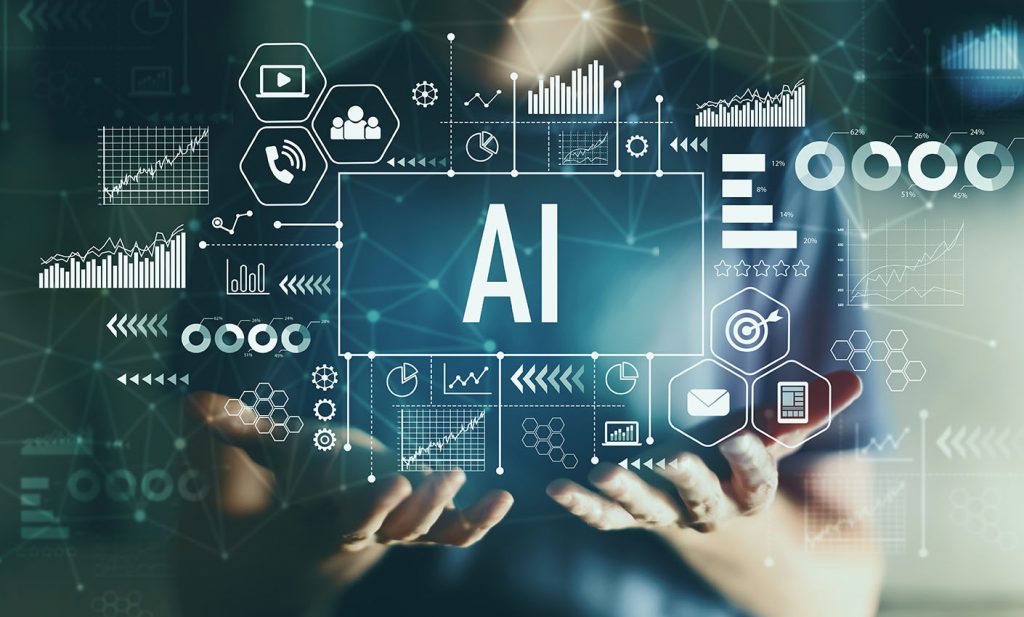
Education in India
Education in India will embrace artificial intelligence and be in the race of a global leader
Artificial intelligence may very well be the single biggest technology revolution of our lives, with the possibility to disrupt practically all parts of human life. If we talk about India, being a country with the most noteworthy youth population on the planet, India has a more prominent advantage over different countries to turn into a worldwide leader given that we tap into the youth’s potential efficiently. Also, the best way to do that is quality education in India. With the scope of artificial intelligence in India growing, it is the ideal time for deploying AI in education to use its advantages and prepare the youth AI-ready for the future.
The New Education Policy (NEP) has recognized the significance of and AI in education in India in the present time. To align India’s educational program to the 21st century and to set up the students for the AI economy, the policy lays significant emphasis on the need to bestow the essential technical knowledge at all levels of education.
The adoption of technology in education is improving, however, not at the speed required. It is assessed that schools universally spent almost USD160 billion on EdTech, in 2016, and anticipate spending to grow 17% yearly through 2020.
India’s Central Board of Secondary Education (CBSE), trying to form their education system in India to make students knowledgeable with the present fast growing and highly demanding technologies, has chosen to incorporate artificial intelligence in their syllabus for students.
School students will be exposed to pivotal abilities like digital literacy, coding and computational thinking from early on, through the education of contemporary subjects like Artificial Intelligence and Design Thinking. Further, subjects like artificial intelligence, 3-D machining, machine learning and big data analysis will be implemented with the undergrad education to prepare industry-ready experts. All colleges will offer doctoral and Masters programs in core fields like Machine Learning. Furthermore, colleges may likewise offer targeted training in low-skill tasks for supporting the AI value chain like image classification, data annotation, and speech transcription.
EdTech platforms that are fueled by AI search engines can simplify everything. Students would likely have to fill out a survey at the start. This will help the AI-fueled platform to comprehend the student’s potential, interests, profession options, budget, location, among others. From this, it can recommend colleges and study programs that match a student. It can likewise assist them with getting in contact with the institution for some other guidance. Also, it could offer students different profiles of educational institutions that a student can review.
The New Education Policy likewise aims at the utilization of AI-fueled solutions for the accomplishment of its objectives of a multilingual as well as holistic education. The endeavors of promoting multilingualism among the school students will be interlocked with initiatives to improve Natural Language Processing capacities for India’s different languages. Furthermore, artificial intelligence in education in India will be utilized to track and record the fundamental skills of preparing a kid, with the plan to set up a comprehensive report card.
Albeit the way is long and brimming with obstacles, yet the education leaders of the nation have promised to take the national education system at par with the worldwide level. Artificial intelligence in education in India is additionally going to play a significant part in accomplishing the objectives that the nation has set to accomplish by 2030, in accordance with UN Sustainable Development Goals.


